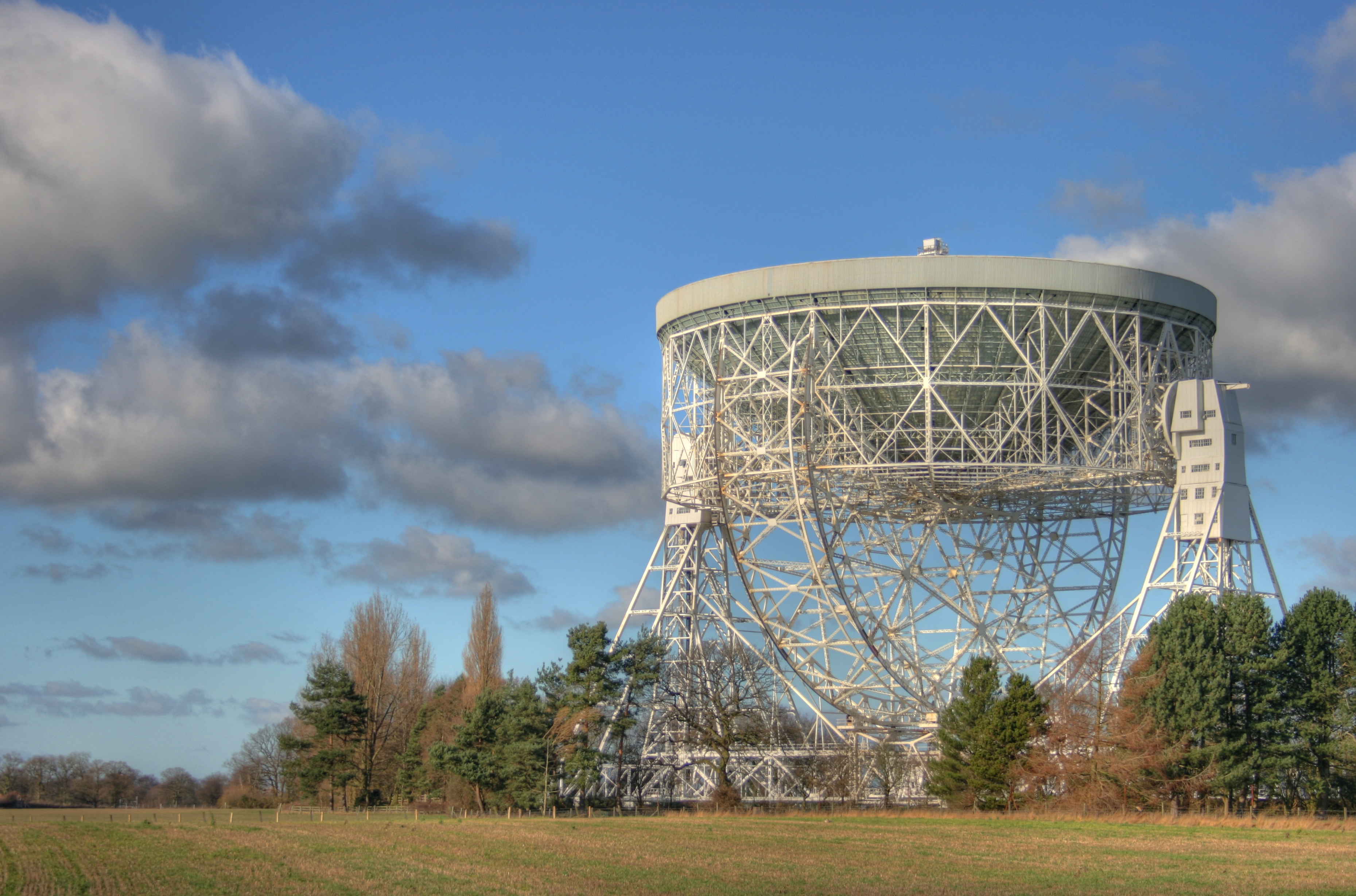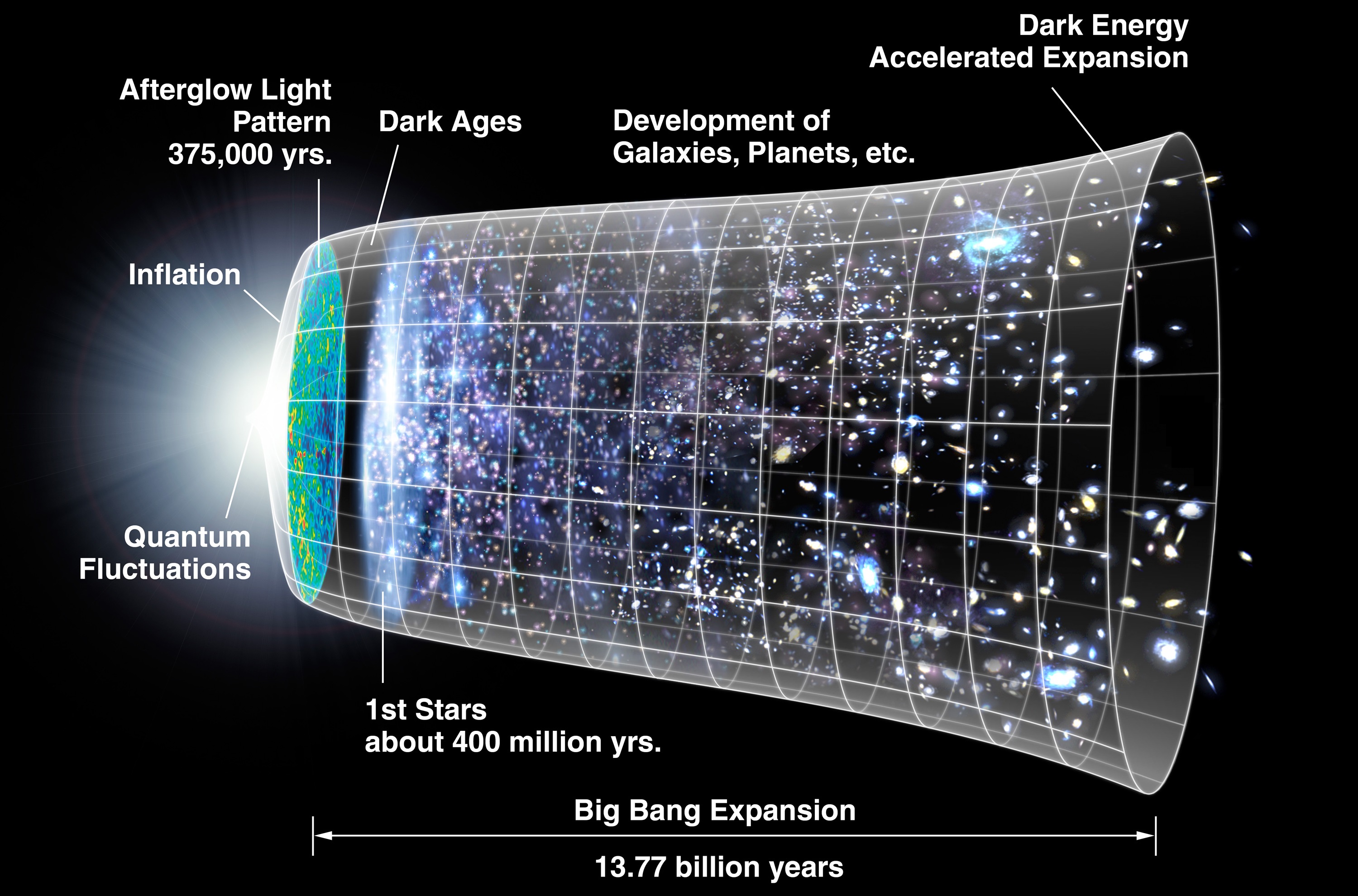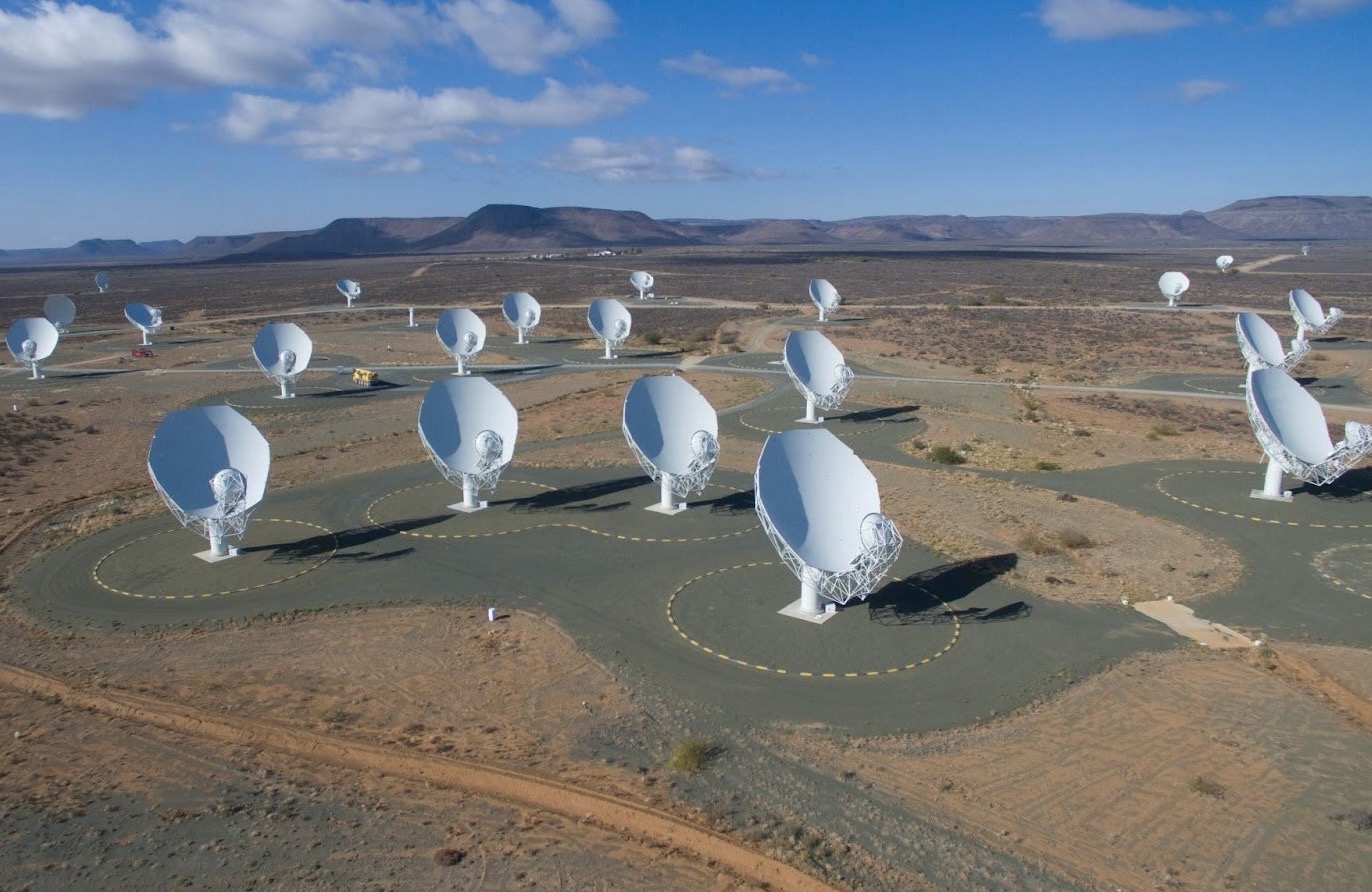Zheng Zhang
I do physics and cosmology (and ask a lot of questions about the Universe)



A Letter to The Guardian on the STFC Funding Crisis
What I’m doing now
My expertise is in physics and cosmology, with a side interest (and ongoing learning) in applying advanced tools and methods to these fields. My passion is to push the boundaries of how physics explains the Universe, and when I’m not getting lost in equations or codes, my mind is out here wandering through the cosmos, trying to make sense of its grand mess.
Research interests:
My current research covers both observational and theoretical cosmology, with particular focus on:
- Line intensity mapping
- The cosmic history and large-scale structure revealed by the HI hyperfine transition
- Gravitational effects as cosmological probes
Whether as secondary effects in cosmological surveys or as phenomena of intrinsic scientific interest, my work also includes formalising detailed astrophysical processes and systematically accounting for a wide range of observational effects – spanning instrumental, dynamical, radiative transfer, relativistic, and topological factors – in cosmological data. This includes:
- Low-frequency foreground science
- Diffuse synchrotron emission (spectral structure, Faraday rotation, RSB/ARCADE excess, etc.)
- Spinning dust emission and Anomalous Microwave Emission (AME)
- Non-equilibrium and quasi-equilibrium astrophysical systems
- Stochastic instrumental processes (e.g., 1/f noise in autocorrelation measurements)
- Higher-order corrections in the radiative transfer of cosmological signals
I also develop methods and tools for the field, such as:
- Ultra-high-dimensional Bayesian inference using Gibbs sampling + Gaussian Constrained Realisation
- Perturbative statistical analysis
- Marginalising and abstracting out ignorance or environmental factors
- Using moment and cumulant expansions
- Machine learning
- MomentEmu (a generic approach to smooth cosmological observable representation)
- Deep learning
- Physics-driven methods (e.g., PDE-net)
- Methods for stochastic processes: Fokker-Planck equations analytical diffusion systems, Langevin equations and stochastic differential equations
- Optimal statistical measurements: power spectrum, bispectrum, etc.
In addition to these areas, I maintain active research interests in general physics topics, notably topological defect transitions and the quantum-to-classical transition of fields.
Publications
Here is a list of my published and submitted papers to date. Also see my profiles on Google Scholar, arXiv, and ORCID.
Research Codes
Selected codes I have developed or contributed to, many used in the papers above.
More about me
Bio
- Pronouns: He/Him
- Title: PhD in Physics of the Universe (DOCTORAT PHYSIQUE DE L’UNIVERS)
- Marital Status: Married
- Nationality: Chinese
- Location: Manchester, United Kingdom
- Profile: Astrophysicist and cosmologist; self-proclaimed “citizen of the Universe.”
Life and Education Journey
I am currently (Nov 2023 -) a Postdoctoral Researcher at the University of Manchester, working with Phil Bull and Jens Chluba. Previously, I completed my PhD in Physics of the Universe at the Astroparticle and Cosmology (APC) Laboratory, Université Paris Cité, jointly with the École Normale Supérieure (ENS, Paris), from November 2020 to October 2023 in Paris, France.
Before that, I earned an MSc in Physics from Brown University (2018–2020, Rhode Island, US) and a BSc in Applied Physics from Shanghai University (2014–2018, Shanghai, China). My earlier education includes high school in Hai’an and primary school in Sunzhuang village (2002–2014). I was born in 1996.
Scientific Ancestry
Below is my academic tree, illustrating the lineage from doctoral supervisors to students.
Students
- Tong Lu (BSc, Manchester, 2025-)
- Pranav Odugoudar (MScR, Manchester, 2024-)
Biological Ancestry
I can’t go back too far. My grandfather was adopted. The man who adopted him, my great-grandfather, was a tofu maker/seller in the village, but unfortunately the craft was not passed on.
The Home Team
Our little family includes my wife and myself, our Bengal cat, Youzi, along with two cherished baobab trees, Jumbo and Zhuangzhuang, which we brought with us from Paris to Manchester. While living in the US, I raised a loving German Shepherd named Summer, who now enjoys life with my parents in my faraway hometown.






